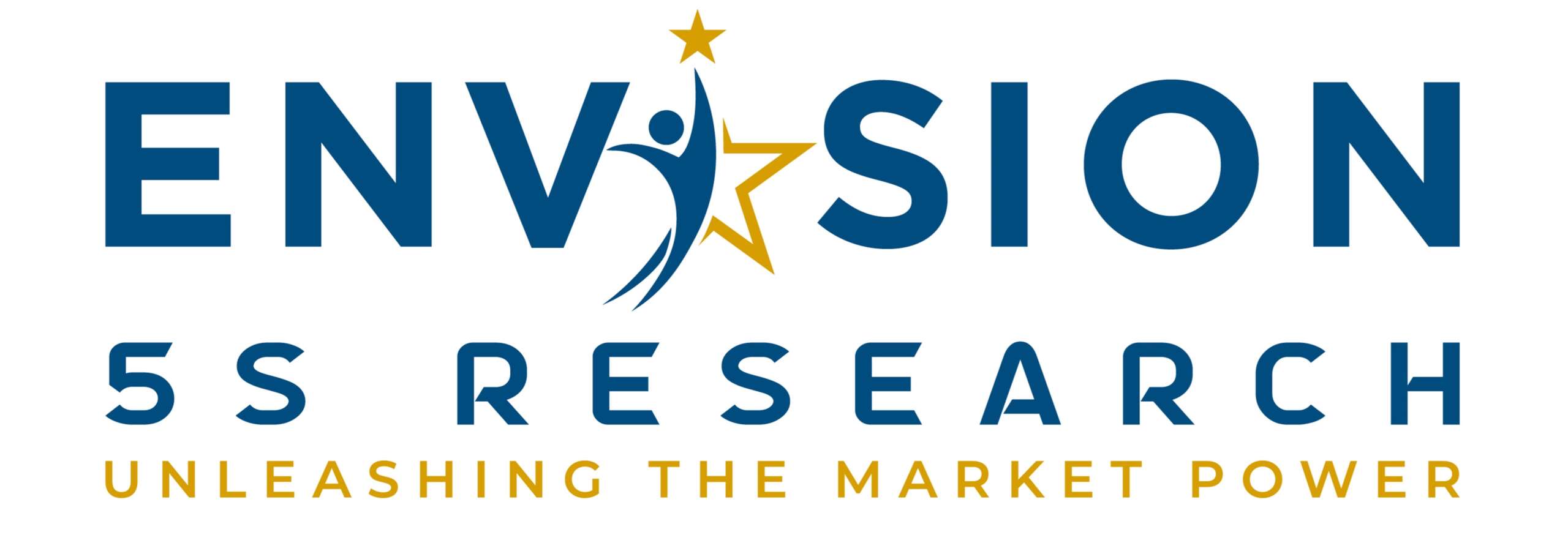Market research is the compass guiding businesses through the ever-changing landscapes of consumer preferences, industry trends, and competitive dynamics. Yet, this journey is not without its challenges. In this article, we delve into the common hurdles faced by market researchers and explore innovative solutions to overcome these obstacles, ensuring that the insights gathered remain robust, relevant, and invaluable to decision-makers.
1. Data Overload and Analysis Paralysis:
Challenge: The abundance of data available in the digital age can be overwhelming, leading to analysis paralysis. Sorting through vast datasets and extracting meaningful insights becomes a Herculean task, delaying decision-making processes.
Solution: Implement advanced analytics and machine learning algorithms to streamline data processing. Automation tools can sift through large datasets, identify patterns, and provide actionable insights swiftly. Additionally, focusing on key performance indicators (KPIs) and aligning data analysis with specific research objectives helps researchers prioritize relevant information.
2. Evolving Consumer Behavior:
Challenge: Consumer behavior is a dynamic force, subject to constant change influenced by societal trends, technological advancements, and external events. Traditional research methods may struggle to keep pace with these rapid shifts.
Solution: Embrace agile research methodologies that allow for real-time data collection and analysis. Social media monitoring, online surveys, and continuous feedback mechanisms provide a dynamic understanding of evolving consumer preferences. Incorporating predictive analytics helps anticipate future trends based on current behavior patterns.
3. Privacy Concerns and Ethical Dilemmas:
Challenge: Heightened awareness of privacy issues has led to increased scrutiny of data collection practices. Ethical concerns regarding the use of personal information present challenges in obtaining and utilizing consumer data.
Solution: Prioritize transparency in data collection processes, clearly communicating the purpose and usage of information to participants. Implement robust data protection measures, comply with relevant regulations, and obtain explicit consent from individuals. Adhering to ethical standards builds trust with participants, ensuring the integrity of the research process.
4. Sample Representativeness:
Challenge: Ensuring that the selected sample is representative of the target population is a perennial challenge. Biases in sample selection can skew research findings and compromise the generalizability of results.
Solution: Employ random sampling techniques to minimize bias and increase the likelihood of a representative sample. Stratified sampling, where the population is divided into subgroups, enhances accuracy by ensuring each subgroup is proportionally represented. Regularly review and update sampling methods to account for demographic shifts and changes in consumer behavior.
5. Budget Constraints:
Challenge: Market research endeavors often face budgetary limitations, constraining the scope of research activities, and potentially compromising the depth and breadth of insights.
Solution: Prioritize research objectives to allocate resources efficiently. Embrace cost-effective digital tools for data collection and analysis. Collaboration with universities, leveraging open-source research, and exploring partnerships with research firms can provide access to valuable resources without exceeding budget constraints.
6. Rapid Technological Advancements:
Challenge: The pace of technological innovation poses challenges in keeping research methodologies current. Outdated tools and approaches may hinder the ability to capture emerging trends accurately.
Solution: Invest in ongoing training for research teams to stay abreast of technological advancements. Embrace emerging technologies such as artificial intelligence, machine learning, and automation to enhance research efficiency. Foster a culture of innovation within the research team, encouraging the exploration of new tools and methodologies.
7. Cross-Cultural Complexity:
Challenge: Conducting market research in diverse cultural contexts introduces complexities related to language nuances, cultural biases, and varying response patterns.
Solution: Engage local experts or cultural consultants to navigate cultural intricacies. Translate surveys and research materials accurately to ensure clarity and relevance. Adapt research methodologies to align with cultural preferences, and conduct pilot studies to identify potential cultural biases before launching large-scale research initiatives.
8. Respondent Fatigue:
Challenge: With the proliferation of surveys and feedback requests, respondents may experience fatigue, leading to incomplete or inaccurate responses.
Solution: Optimize survey design to be concise and engaging. Implement gamification elements to make the research experience more enjoyable. Consider incentivizing participation with rewards or exclusive access to insights. Rotate survey formats and channels to maintain respondent interest and combat survey fatigue.
9. Integration of Qualitative and Quantitative Data:
Challenge: Balancing the depth of qualitative insights with the statistical rigor of quantitative data presents a challenge in achieving a comprehensive understanding of consumer behavior.
Solution: Implement mixed-methods research, combining qualitative and quantitative approaches. Triangulate findings by cross-referencing qualitative insights with quantitative data to validate and enrich the research narrative. Use qualitative data to provide context and depth to quantitative findings.
10. Real-Time Decision-Making Expectations:
Challenge: Businesses increasingly demand real-time insights to inform rapid decision-making, placing pressure on traditional research timelines.
Solution: Leverage technology to automate data collection and analysis processes, reducing the time lag between data gathering and insights delivery. Embrace agile

